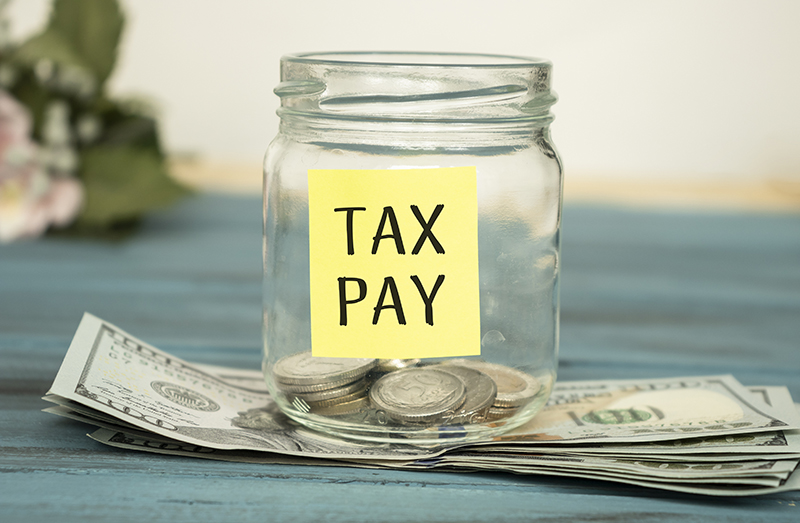How long can the IRS attempt to collect unpaid taxes?
October 01, 2020 by Richard L. Manies, MBA, EA, CTRS
The IRS can attempt to collect unpaid taxes for ten years from the time the tax was assessed. During the ten years, the IRS can put tax liens on your property, which involves taking the property and selling it to pay your unpaid taxes. When you owe unpaid taxes, it can become public record and create many issues for you.
IRS tax liens and levies will hurt your credit rating because the IRS reports them to the credit bureaus. Once the IRS tax lien or levy is reported on your credit report, it can affect your ability to obtain loans and employment opportunities, or even result in the loss of professional licenses issued by your state. Also, if your tax balance due is more than $50,000, the IRS can share this information with the State Department, which may affect your passport or your ability to get one.
The IRS can take money out of any bank account with your social security number on the account. For example, the IRS can take all the money out of your bank accounts, jointly owned college savings accounts set up for your children, or savings accounts that elderly parents have set up for you. The IRS can also take money out of a business account, even if the money is not directly yours, such as a partnership bank account.
Also, the IRS can contact your employer to garnish taxes owed directly from your paycheck. This may leave you with a minimal amount of money to cover basic living expenses.
If you have not filed a tax return and you owe unpaid taxes for the year that you have not filed, the IRS has no statute of limitations on an unfiled tax return. Once the tax return is filed, then a tax will be assessed, and the 10-year statute begins to run. So, if you are ten years late filing a tax return, the IRS may have another ten years to attempt to collect the tax.
If you owe unpaid taxes, contact TaxAudit Tax Debt Relief Services. We can discuss your unpaid tax situation, review your tax debt solution options, and our tax professionals will help you resolve your tax debt problems.





